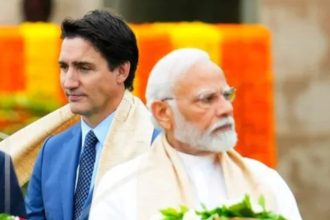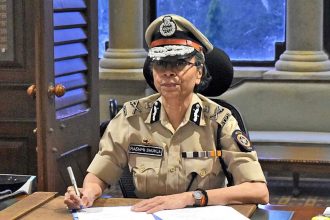New Delhi: India’s diplomatic offensive to designate The Resistance Front (TRF) as a UN-listed terrorist organisation has intensified following the deadly April 22nd attack in Pahalgam, Jammu and Kashmir. The attack, which claimed the lives of 26 civilians, was claimed by TRF, a group India alleges is a proxy for the Pakistan-based Lashkar-e-Taiba (LeT). This assertion is central to India’s argument before the UN.
An Indian delegation, engaging with the UN Office of Counter-Terrorism, the Counter-Terrorism Committee executive directorate, and the 1267 Sanctions Committee, presented compelling evidence linking TRF to LeT. India argues that TRF is simply a rebranded version of LeT, an entity already sanctioned by the UN. The delegation pressed for similar global sanctions against TRF, emphasising the need to hold this group accountable for its violent actions.
Furthermore, India highlighted the concerning trend of terrorist groups, including TRF, exploiting emerging technologies to further their objectives. This aligns with the 2022 Delhi Declaration, adopted under India’s chairmanship, which stresses the need for international cooperation in combating the use of technology for terrorism.
This diplomatic push follows India’s military response, Operation Sindoor, launched on May 7th, targeting terrorist camps in Pakistan and Pakistan-occupied Kashmir. Operation Sindoor resulted in the reported deaths of over 100 terrorists linked to groups such as LeT, Jaish-e-Mohammed, and Hizbul Mujahideen.
While a ceasefire was reached on May 10, India’s diplomatic pressure at the UN continues, reflecting a multi-pronged approach to combating terrorism. The success of this diplomatic push will significantly impact the international community’s ability to counter the activities of TRF and similar groups.










